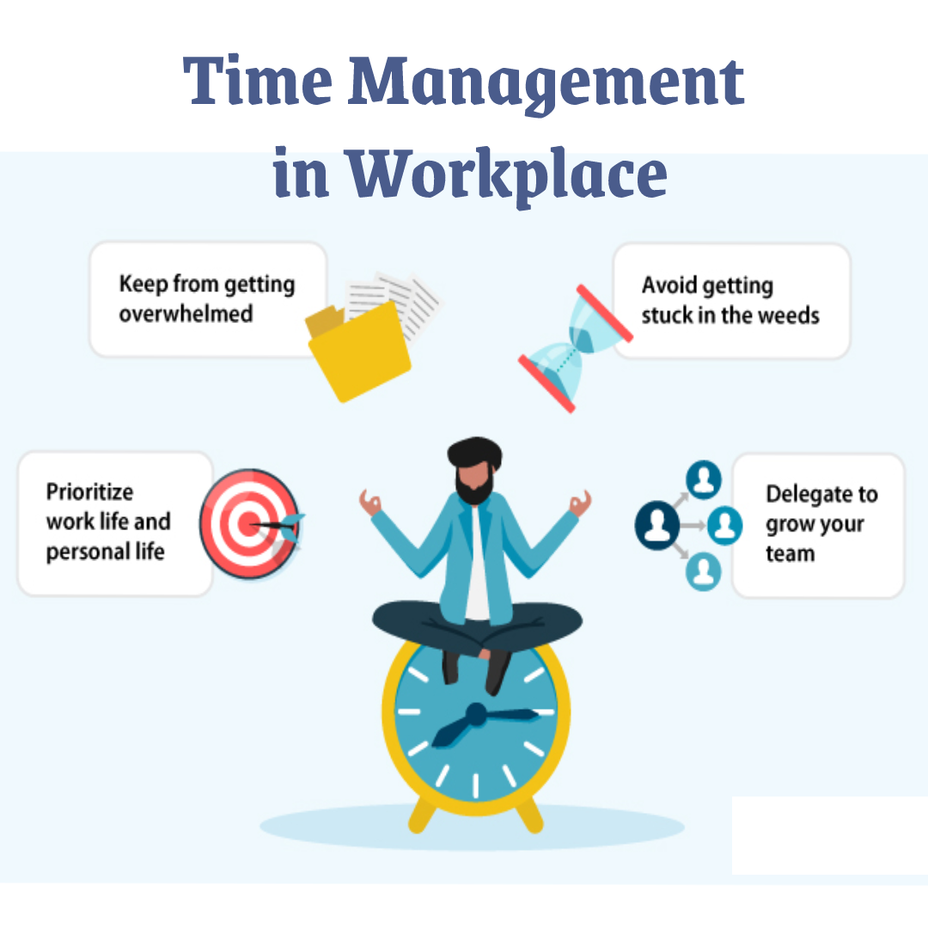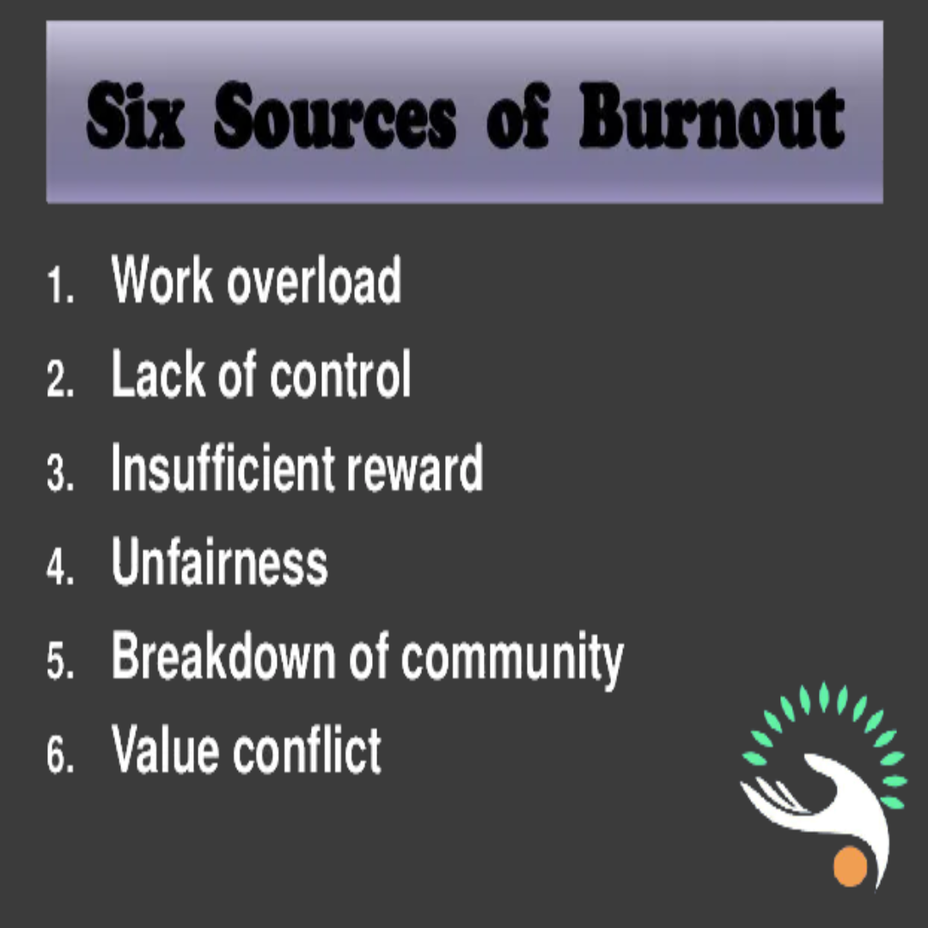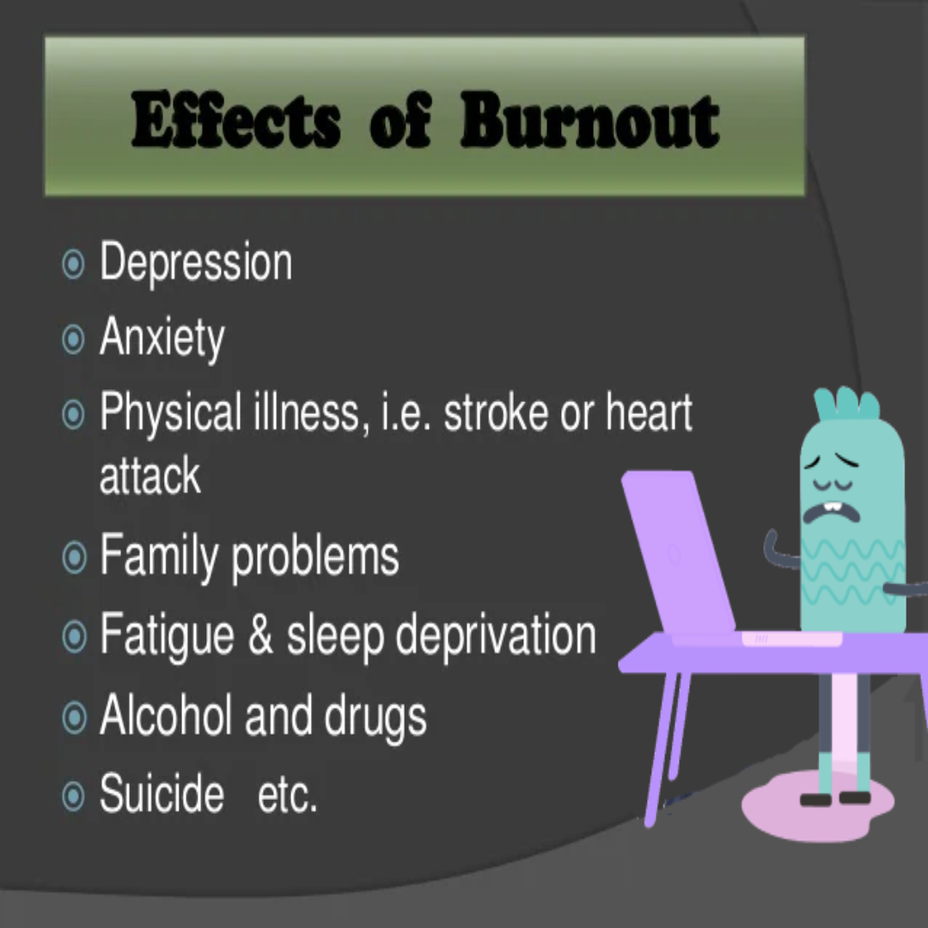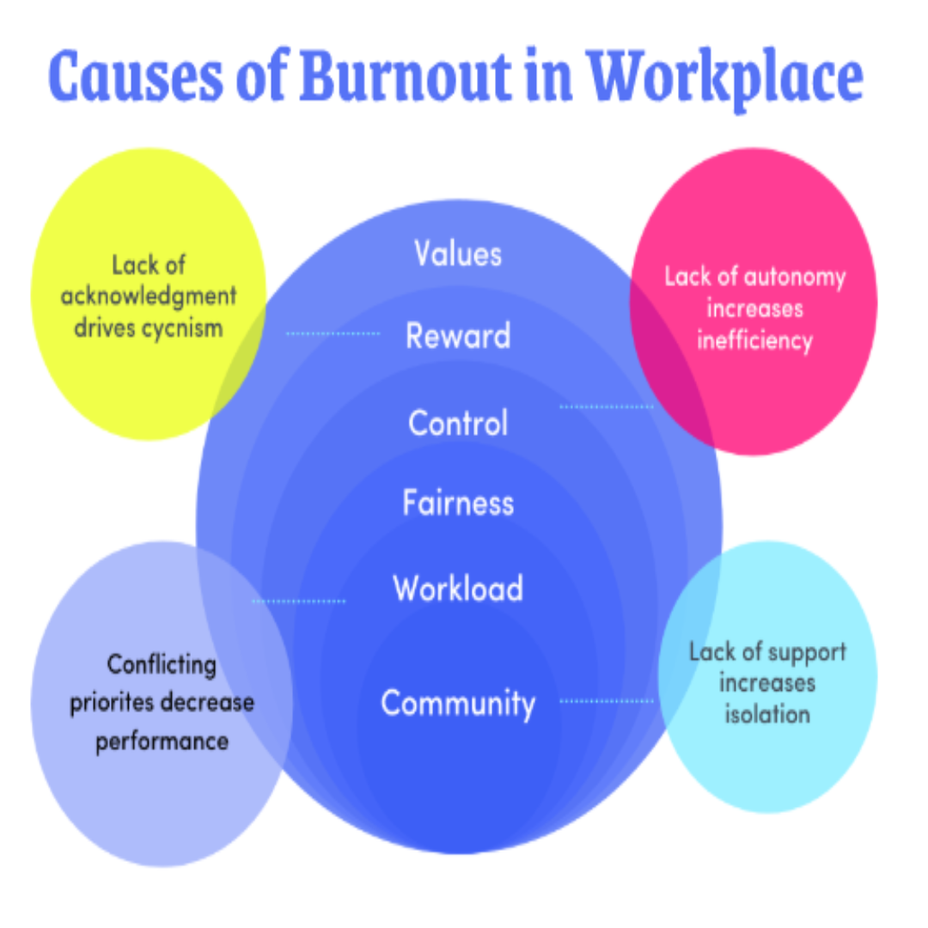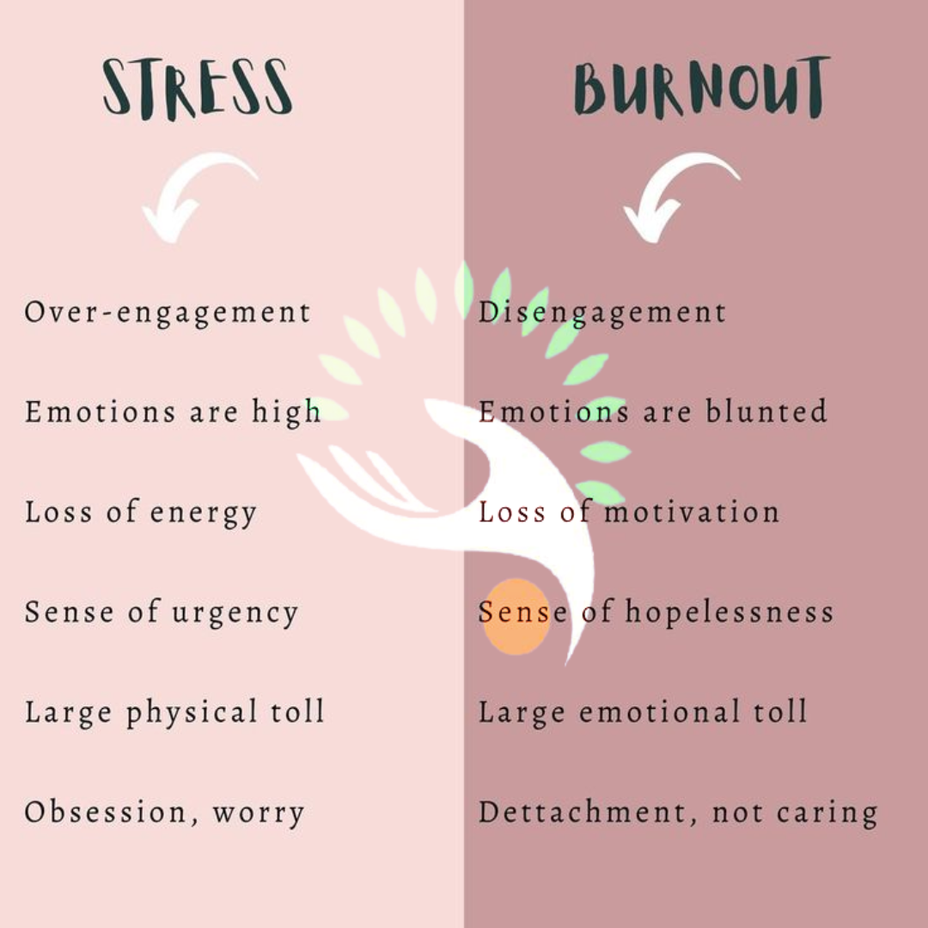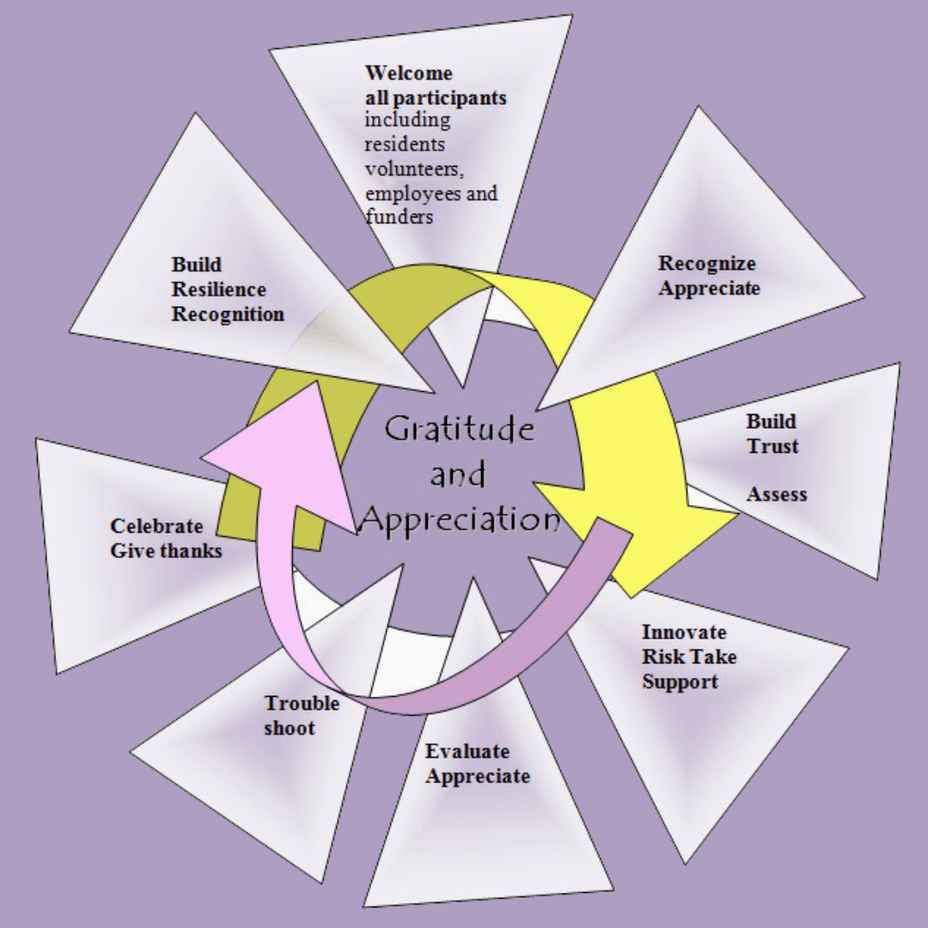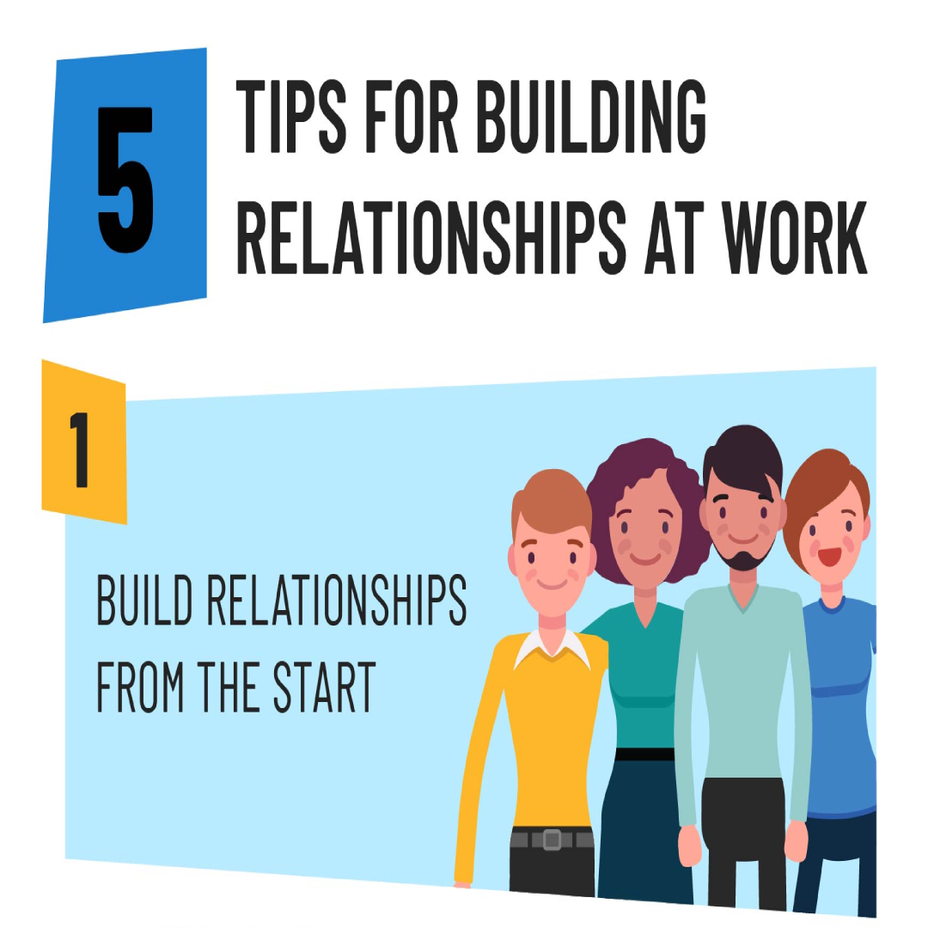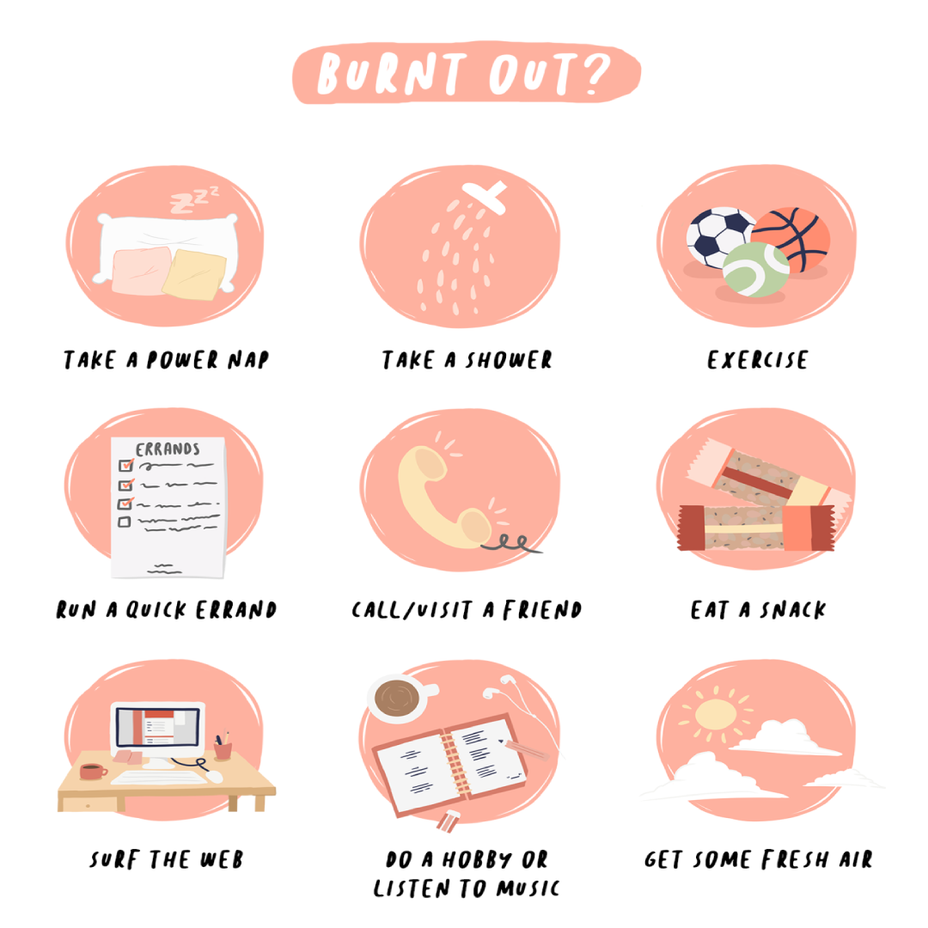Mental Health at work: Is it really ok, to not be ok?
It’s a phrase I am sure we have all heard, ‘it’s ok to not be ok’. And as someone who advocates for mental health and who has a bipolar diagnosis, I am the first to admit there are times I have not been ok. But how comfortable are we sharing that in the workplace? And who here has not been ok, but not felt able to voice that at work?
I have been through some real low points in my life on my journey to balanced mental health, I have been in the darkest moments and still wiped the tears, put on concealer and walked into the office like I am ok because I know that taking time off will be seen as weakness and that my manager would judge me for it. So instead I go in pretending that I didn’t cry the whole night, that every breath I took didn’t hurt and that I wasn’t clinging to life by a fingertip. And in the process I have been pushing myself closer to exhaustion and closer to the edge which inevitably once I slip off it is a long climb back up. That may seem extreme but the truth is that I have been honest in the past, I have said ‘actually I am feeling incredibly depressed and anxious and I just need to have a few days to sleep, to walk, to stop the cycle’ and I have been made to feel like a liability and I, despite having low absence, have felt like it has hung over me ever since. In the past it certainly hasn’t been ok to say I am not ok without significant impact on my career. I am lucky to now have grown as a person and in my acceptance of my mental health and its limits, but also to have an employer that makes me feel empowered to be who I am and that has been down to some amazing managers too.
The truth is we ALL have mental health, we can all be honest and say we have good days and we have days where we just aren’t doing so well. For some those bad days might be debilitating, for others they may be able to fake it through and for a lucky few it might just be a bad day and tomorrow will be good again. But although a lot of how someone recovers from those bad days is down to themselves seeking help and support or knowing self care, the reaction and support of employers plays a vital role in their recovery or ability to return to work.
When someone is brave enough to disclose they are not doing ok, in our personal lives we all want to be that person that can support, we all want to be that person who is there for someone in their lowest moments and give them hope to get through the day. I doubt many of us would roll our eyes and think, what a pain! But how many of us can say the same in the workplace?
So we probably all agree that if a friend or loved one was struggling we would want to help. But here is the issue, what would you think if someone said that they were struggling with their mental health to you as a manager? Would you see the strength of someone who is aware of their mental health and able to be honest and open? Or would you see weakness? Something you don’t know how to handle? Maybe even a lame excuse from someone not cut out for the job? Or would you maybe think about the issues their absence causes you? The cost of absence, the inconvenience of rearranging meetings, finding cover or covering workload? The problem is it is not just a case of agreeing or accepting time off, it’s giving that person the reassurance, hope and belief that not only do you care about them as an employee but you want them to know there is no judgement and you support them.
I have experienced both types of managers and no suprise which one I had more respect for and flourished under.
Chasing someone for a return date, telling them how inconvenient it is, giving them the cold shoulder, refusing to invest in their development or being angry or even discussing or threatening performance management is not going to get that employee back to work quicker. Instead you are adding to their anxieties, their feeling of hopelessness and to their despair and they are more likely to have extended absence. Not only that, but you are treading a fine line that I personally see as morally and ethically questionable and certainly unlikely to generate a healthy, happy workforce. Mental illness should not be treated differently to physical illness, and it also should be considered whether or not their mental health condition is a protected characteristic and as such protected by law.
Businesses need to start thinking of mental wellbeing as part of their workplace offer. Training mental health first aiders, having access to assistance programs, training for line managers and having a culture of open conversations about mental health all will help. Where my manger has offered support, talked openly about mental health and given me the respect to manage my condition myself and seek support where needed I have had fewer absences, my work is of a higher quality, I am more engaged and I am happier in my workplace. We all benefit from that! Productivity is higher, engagement is higher, career development is more sustained and progressive and objectives are met.
So maybe we should ve asking ‘is it ok not to be ok in my workplace?’ and if the honest answer is no maybe its time to address that. Maybe the conversation shouldnt stop at ‘its ok not to be ok’ perhaps it should be followed by ‘what do you need? how can I help?’.
As mangers we are part of the answer to that question and as human beings we have a responsibility to our fellow humans to make a world that is kinder.
#MentalHealth #Work #Workplace #Anxiety #Bipolar #Bipolar2 #BipolarDepression #Depression #MoodDisorders #mentalwellbeing


